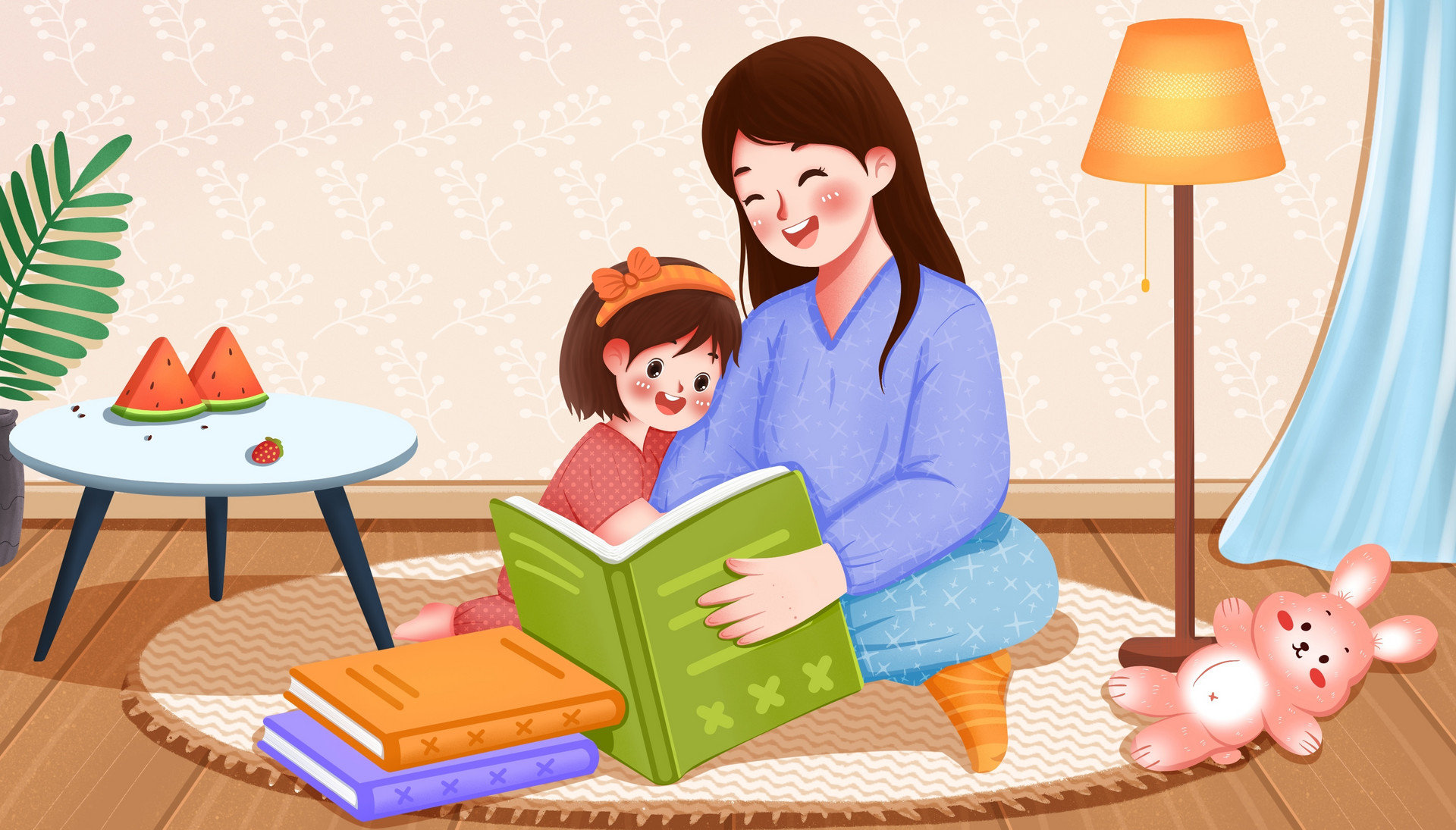Mothers-to-be need to be vigilant about some bad habits in their lives that can have a negative impact on the baby's development. The following three points should be noted by expectant mothers.
1. Napping at the desk
Some expectant mothers like to take a nap at the desk in the afternoon to relieve fatigue. However, this method is not advisable. Often, temporary blurred vision occurs after waking up because sleeping at the desk compresses the eyeballs, resulting in high intraocular pressure. If this happens every day, the eyeballs may swell and the eye axis may elongate, causing damage to vision. Moreover, the heart still bears the same load as when awake and does not get sufficient rest.
What is the best sleeping position? The scientific posture is to lie on the right side, so that the blood flows horizontally, reducing the burden on the heart, and increasing the blood flow through the liver by half, which is beneficial to health. Therefore, it is recommended to have a recliner in the office for a brief scientific rest.
2. Morning exercise
Some expectant mothers like to exercise in the morning. In fact, this habit is not suitable for modern metropolises. Many people think that the air is freshest in the early morning, so exercising at sunrise is the most beneficial for health. However, little do they know that at this time, the exhaust emissions from cars in the city and the carbon dioxide exhaled by people and plants have not completely dissipated, so the air quality on the city surface is poor during this time of the day, and exercising is not beneficial to health.
The best time for exercise in the morning is after sunrise, when the earth is rejuvenating and the process of photosynthesis in plants begins. As the sunlight warms the city surface, the surface pollution starts to dissipate, and the air becomes fresh, which is beneficial for physical and mental health.
3. Drinking iced beverages
Pregnant women should avoid drinking iced beverages. The reason is that, according to physiologists, the optimal temperature for cool drinks in summer is around 10 degrees Celsius. This temperature can promote saliva secretion in the mouth and has a significant thirst-quenching effect. If the temperature is higher than 15 degrees Celsius, the thirst-quenching effect is significantly weakened. When the temperature is lower than 5 degrees Celsius, it stimulates the gastric wall, causing contraction and even spasm of the gastric mucosal blood vessels, affecting gastric motility and gastric juice secretion, which hinders digestion. In summer, many people complain of bloating and discomfort in the stomach, and a reduced appetite. The cause can be traced back to the habit of consuming iced drinks.





